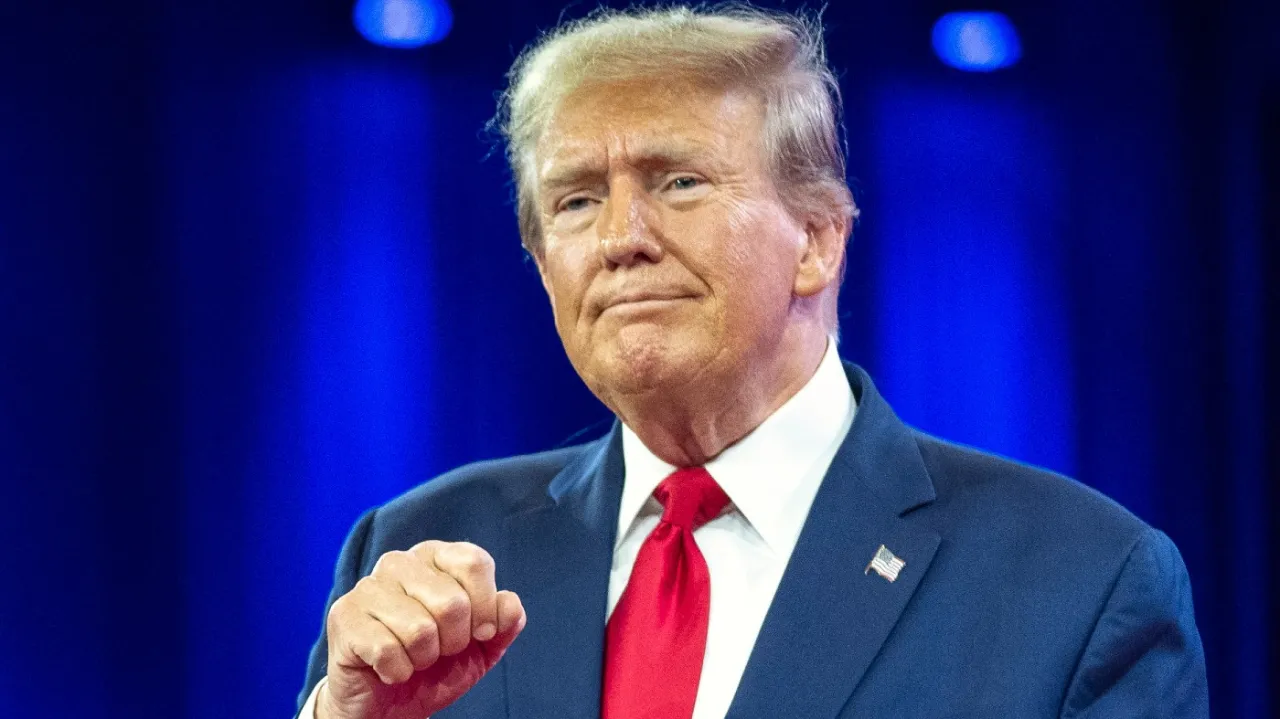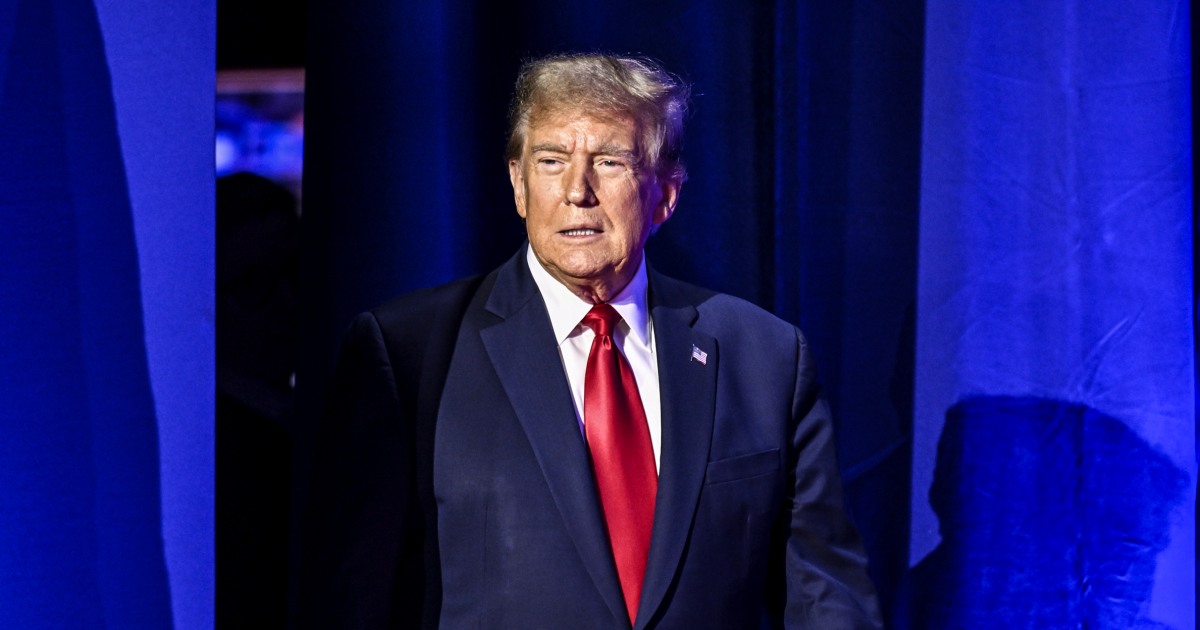On Wednesday, the Supreme Court outlined a schedule for hearings regarding former President Donald Trump’s claims of presidential immunity. This schedule casts doubt on whether the case of alleged election interference against him will proceed to trial before the 2024 election, marking a significant victory for Trump in his bid to evade legal repercussions for his attempts to overturn the 2020 election results.
The decision to hold oral arguments during the week of April 22 regarding Trump’s entitlement to presidential immunity leaves a notable possibility open: that a former president accused of conspiring to obstruct Congress and disenfranchise millions of Americans to retain power after losing an election might avoid trial until after the opportunity for his return to the White House arises.
Previously, there was a chance that Trump’s trial in Washington, based on an indictment issued in August, could commence as early as May, potentially resulting in a verdict months before the 2024 Election Day. U.S. District Judge Tanya Chutkan initially scheduled the trial for March 4, allowing Trump’s team seven months to prepare.

Trump (Credits: The Hills)
However, this timeline was delayed when the case was put on hold in December following an appeal from Trump’s legal team. With 88 days remaining on the preparation timeline, the case would have proceeded in Chutkan’s courtroom by early May if the Supreme Court had upheld an appeals court’s decision on presidential immunity.
The Supreme Court’s decision to hear arguments in April eliminated the possibility of Trump’s conviction before the Republican National Convention in mid-July. Special counsel Jack Smith’s prosecutors estimated needing “no longer than four to six weeks” to present their case, with potential jurors informed that the trial “may last approximately three months after jury selection.”
The court’s ruling, expected potentially before the end of June, hinges partly on whether the nine justices reach a unanimous decision. Cases with divided opinions typically take longer to resolve, with justices writing separate dissents. Even if a ruling is made in June, the timeline remains tight for the trial to commence before Election Day.
Legal analysts, including Andrew Weissmann and Neal Katyal, expressed concerns about the timeline, with Weissmann deeming the new timeframe a “huge win” for Trump. Katyal suggested the Supreme Court could expedite proceedings if inclined.
The Supreme Court hearing is scheduled for the week following the consideration of another case relevant to Trump involving Joseph Fischer, a defendant charged with obstructing an official proceeding, similar to Trump’s charge.
Trump’s lawyers cited Fischer’s case in urging the justices not to rush his trial, stating it wouldn’t make sense to conduct a complex criminal trial while a case that could affect half the charges in the indictment is pending.
Hours before the Supreme Court’s announcement of the April hearing, Judge Chutkan presided over a hearing for one of Trump’s co-defendants in the Jan. 6 incident, Michael Foy. During Foy’s sentencing hearing, his attorney discussed the role of general deterrence in determining his prison sentence, prompting a lighthearted response from Judge Chutkan.
























